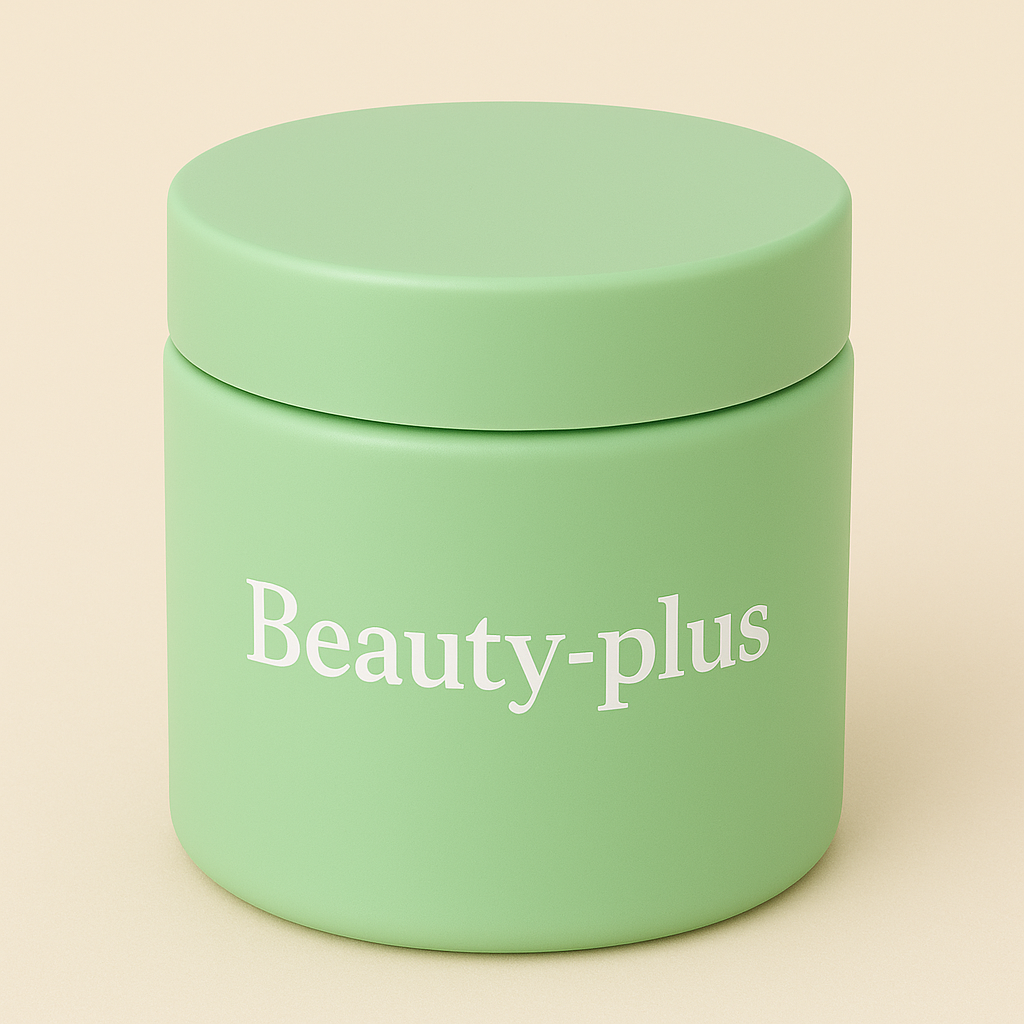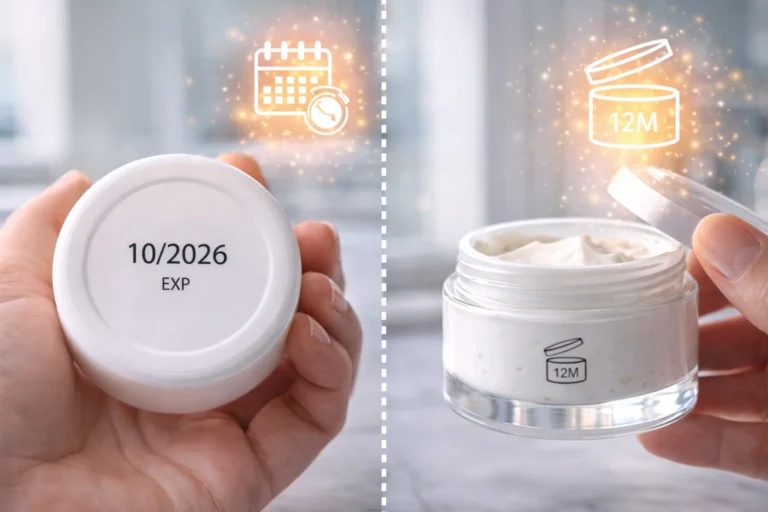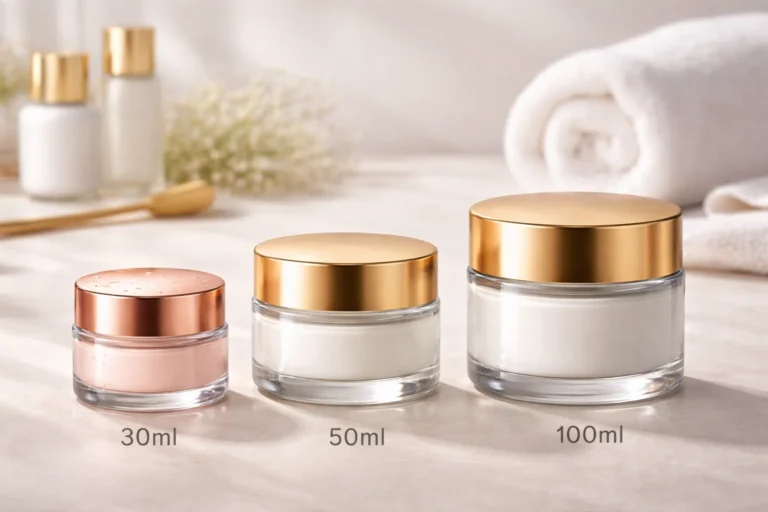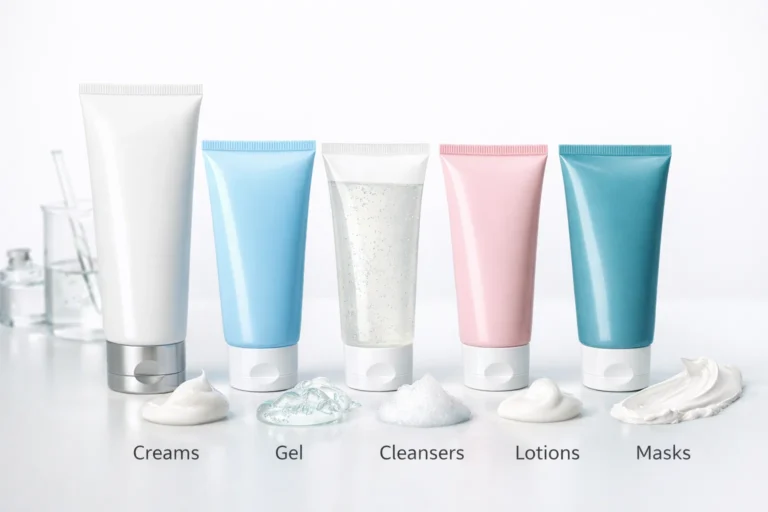
Plastic jars are a popular choice for packaging, but many people wonder if they’re as safe and effective as glass. While plastic jars are lightweight and affordable, they may not offer the same level of durability or safety. Let’s dive into the pros and cons to answer the big question.
Yes, jars can be made of plastic, and they are widely used in various industries. Plastic jars are lightweight, affordable, and come in different shapes and sizes. However, not all plastics are the same, so it’s important to choose the right material depending on the contents you’re packaging.
Plastic jars are often used for food, cosmetics, and industrial products. But the type of plastic and its intended use will impact how effective and safe the jar is. Keep reading to learn more.
Is a plastic jar safe?
When choosing plastic jars, safety is a primary concern. Are they as safe as glass containers? Let’s explore.
Yes, plastic jars are safe when made with the right materials, such as PET1 or HDPE2 plastics. These plastics are known for being food-safe and durable. However, certain types of plastic may release harmful chemicals over time, especially when exposed to heat or stored for long periods.

Plastic jars that meet food-grade standards, like those made from BPA-free3 materials, are considered safe for food and beverage storage. But always be cautious when using plastic for long-term storage or with hot items.
Are all plastics food-safe?
Not all plastics are safe for direct contact with food. It’s essential to check if a plastic jar is food-grade before use. Look for certifications or labels like “BPA-free” or “FDA approved4” to ensure its safety.
The dangers of low-quality plastics
Using low-quality plastics in jars can result in the release of toxins. It’s best to choose high-quality materials to avoid these risks.
Can you use plastic jars for canning?
When it comes to canning, glass is usually the go-to option. But can plastic jars handle the heat and pressure involved in canning?
No, plastic jars are not suitable for traditional canning. Canning requires jars that can withstand high heat and create an airtight seal. Plastic jars don’t have the same sealing properties as glass jars, and they may warp under high temperatures.

Plastic jars may work for short-term storage or for preserving products that don’t require a seal, but for long-term preservation and safety, glass is the better option. Always follow proper canning guidelines to ensure the safety and quality of your preserved food.
Why glass is better for canning
Glass jars are made to handle the intense heat needed for canning. Their sturdy structure and ability to create a vacuum seal make them ideal for this process.
Are plastic mason jars as good as glass?
Mason jars are a household favorite for canning, but how do plastic mason jars compare to their glass counterparts?
Plastic mason jars can be a good alternative for some uses, but they don’t perform as well as glass for canning. Plastic jars are durable and lightweight, but they don’t provide the same airtight seal or heat resistance as glass mason jars.
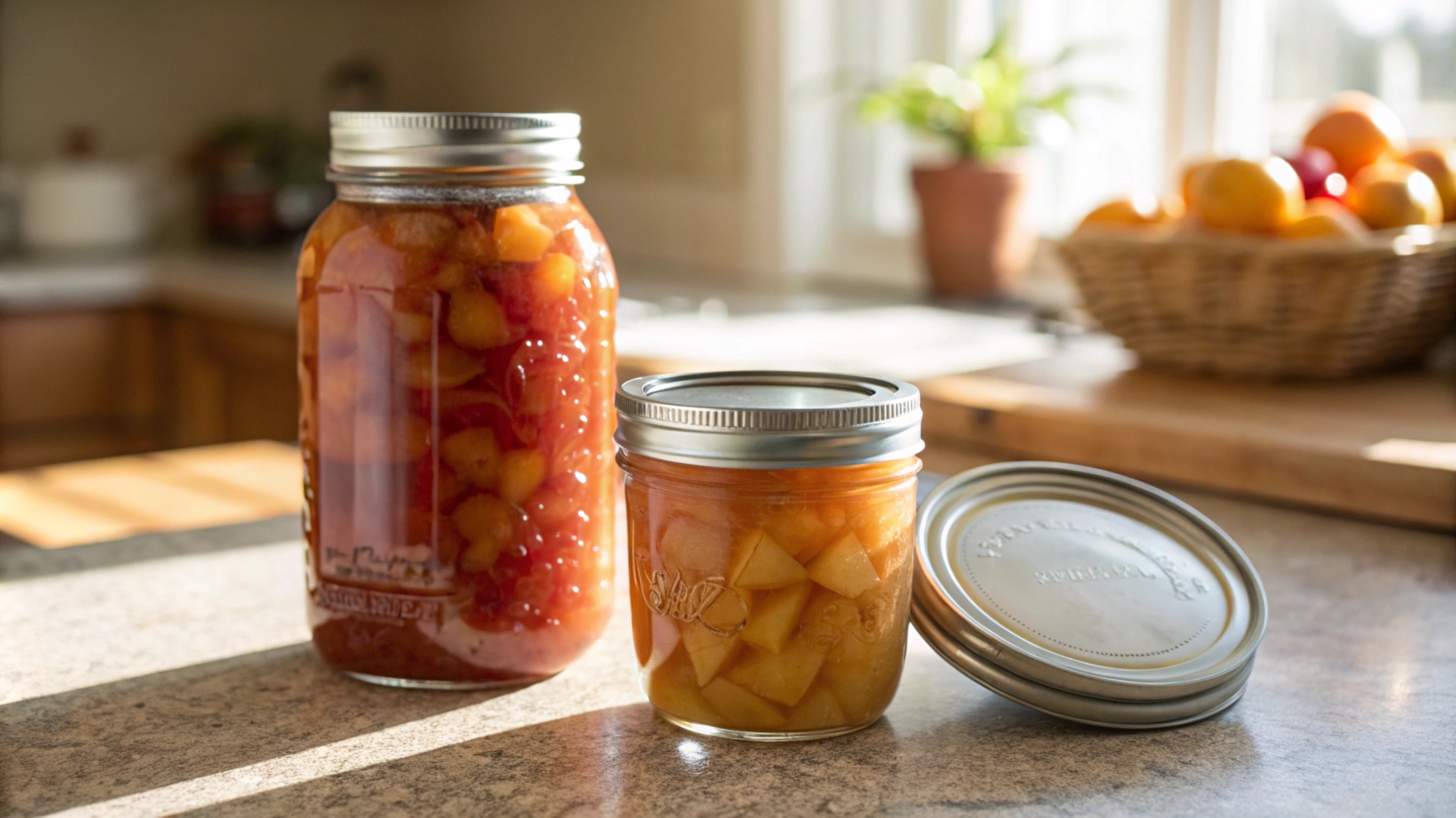
Plastic mason jars are more suitable for non-canning uses like storage for dry goods, cosmetics, or crafts. While they may resemble glass jars, they aren’t designed to handle high temperatures or create the same level of preservation.
When to choose plastic mason jars
Plastic mason jars are perfect for storing non-perishable items. They’re a great choice if you’re looking for lightweight packaging or if you’re shipping products that don’t need long-term sealing.
-
[PET] is a common plastic used for food packaging, known for its strength, durability, and recyclability. ↩
-
[HDPE] is a versatile plastic used for various packaging purposes, particularly in food and beverage storage, due to its chemical resistance. ↩
-
[BPA-free] plastics are made without the harmful chemical bisphenol A, which can leach into food and drinks. ↩
-
[FDA approved] means the plastic has been tested and deemed safe for food contact by the U.S. Food and Drug Administration. ↩
